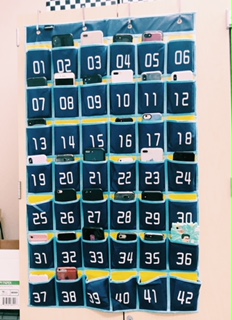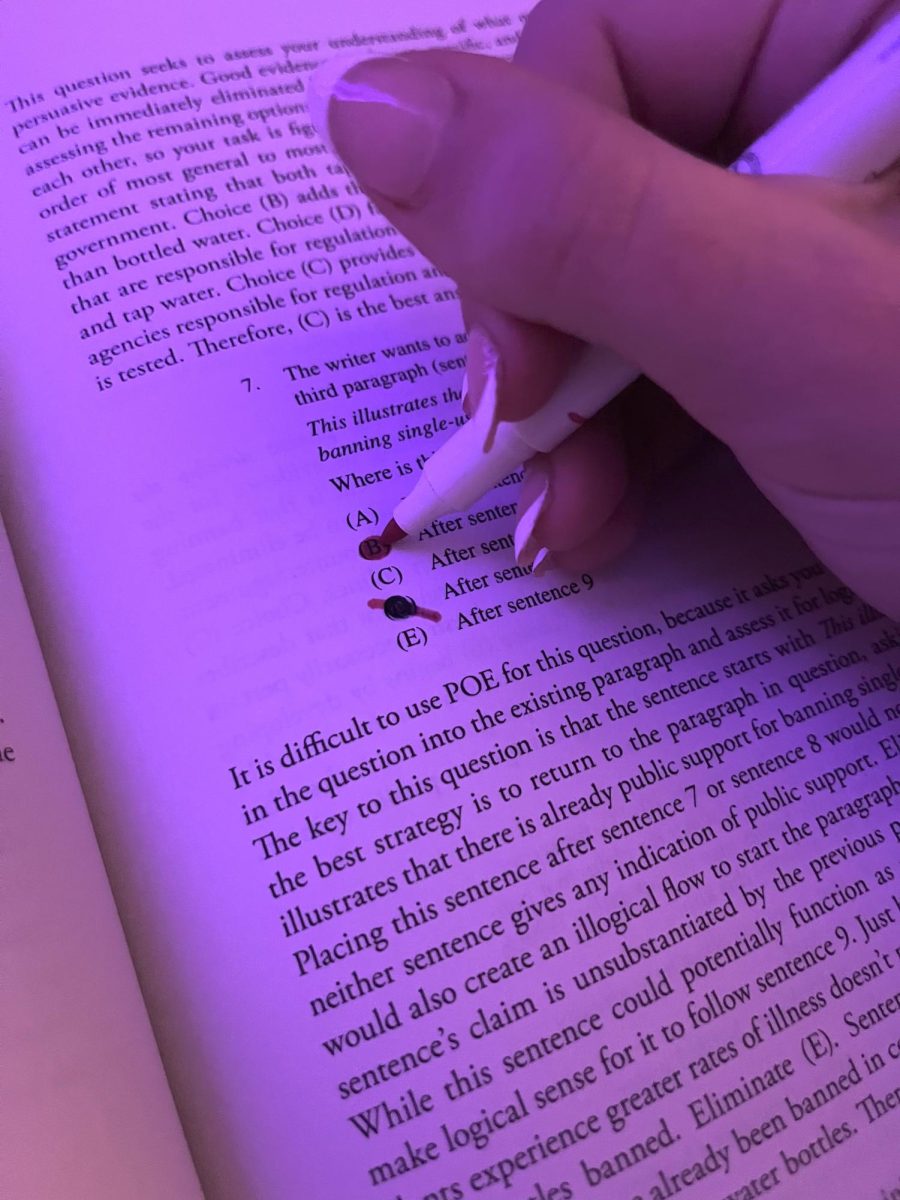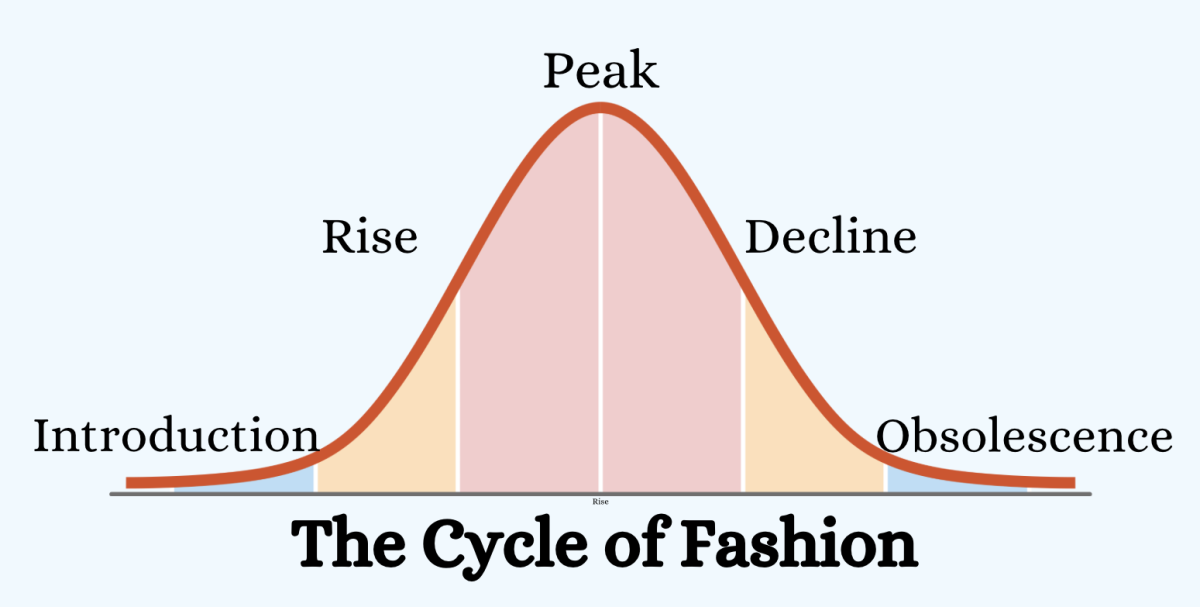Should They Be Locked Up?

The use of “phone jails” have become increasingly popular amongst teachers.
October 2, 2018
We’ve all encountered them in at least one of our classes. The clear or colored shoe holders with the pockets numbered corresponding to the desk you sit in. Teachers seem to be fed up with the sight of twiddling thumbs and spaced out minds, so it is no surprise that almost every classroom on campus has implemented “phone jails. There seem to be many reasons that are in favor of locking up students’ phones during class time, but the benefits of allowing students to use their phones outway the negatives.
It’s fair that if a student is abusing their phone privileges then they should get them taken away, but the other 30 students do not need to be punished because they can benefit from using their phones in class. Apps such as Remind, Google Classroom, or Google Docs can be used to enhance the learning environment and make working more efficient. Through apps like these teachers can directly communicate with students and keep them up to date on what needs to be turned in.
It is also beneficial to the school because if every student can work on a phone, devices such as Chromebooks are not extremely necessary for the school to spend money on. Students can also use phones to access reading material so schools can spend less money on physical copies of books. Teachers can also post short assignments or notes that students can print out so schools spend less on paper and ink.
Cell phones can also be helpful in case of emergencies. It’s hard to predict things such as natural disasters or unwanted people coming onto campus, but if every child has access to their phones then more people are able to report emergencies.
Restricting cell phone usage in classrooms is also completely impractical and unrealistic. When someone gets a job no one will be there to babysit them and make sure they are doing their work and not on their phones. Students need to learn self-control over their cell phones and the environment classrooms create with phone jails is extremely elementary and ineffective (Useoftechnology).
The majority seems to agree with the fact that cell phone use in classrooms should be allowed. Alex Hindeleh (12) believes that allowing cell phones in classrooms would “improve efficiency while learning tremendously” and Caleb Gonzalez (12) agrees with him, stating that the use of cell phone jails is “extremely ineffective.”It’s clear that the restriction of cell phone use class is not beneficial, and that allowing more freedom would have many more pros than one may think. From enhancing one’s learning experience to teaching self control and responsibility, it is clear that cell phones should be allowed in class.











































